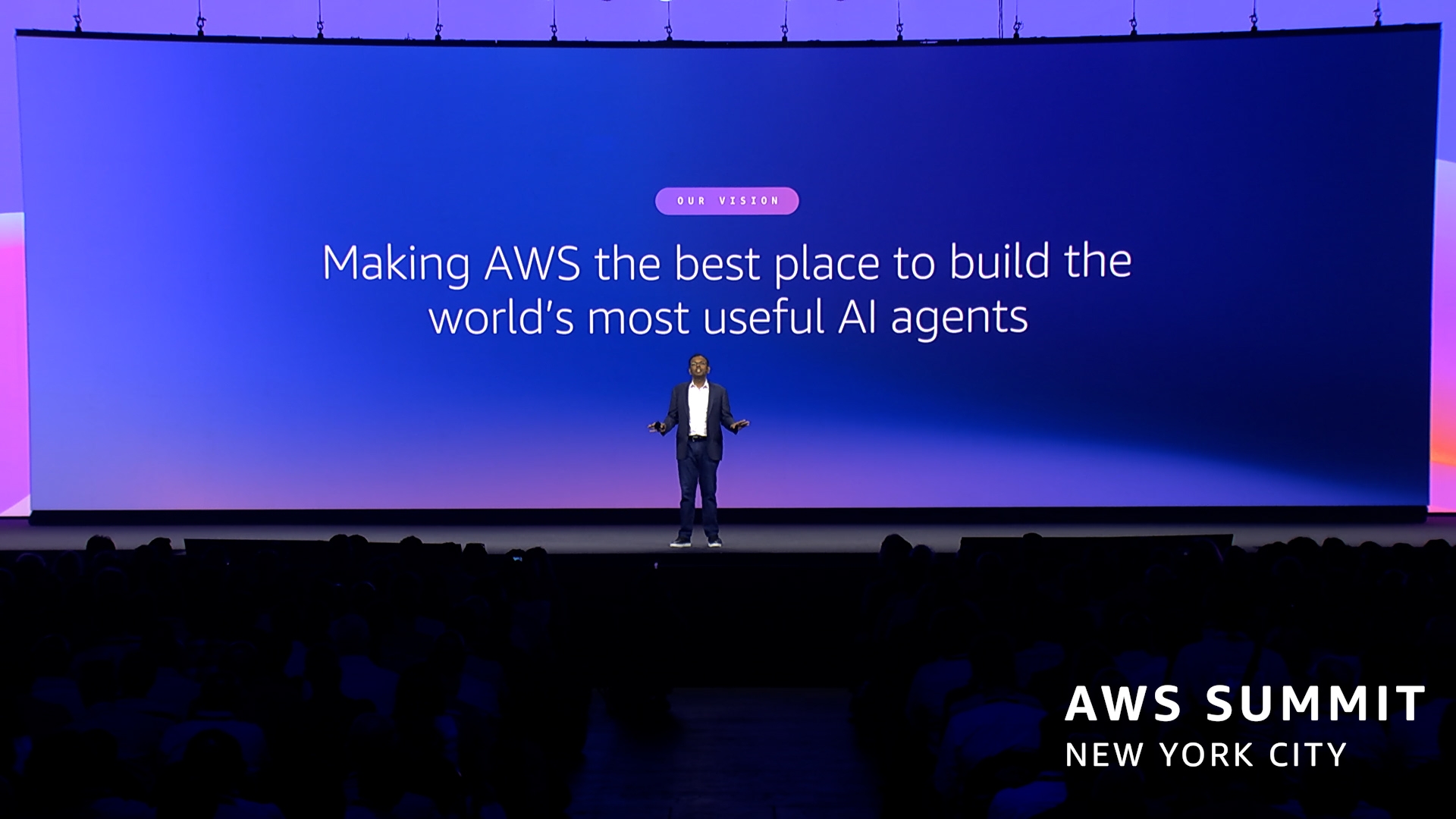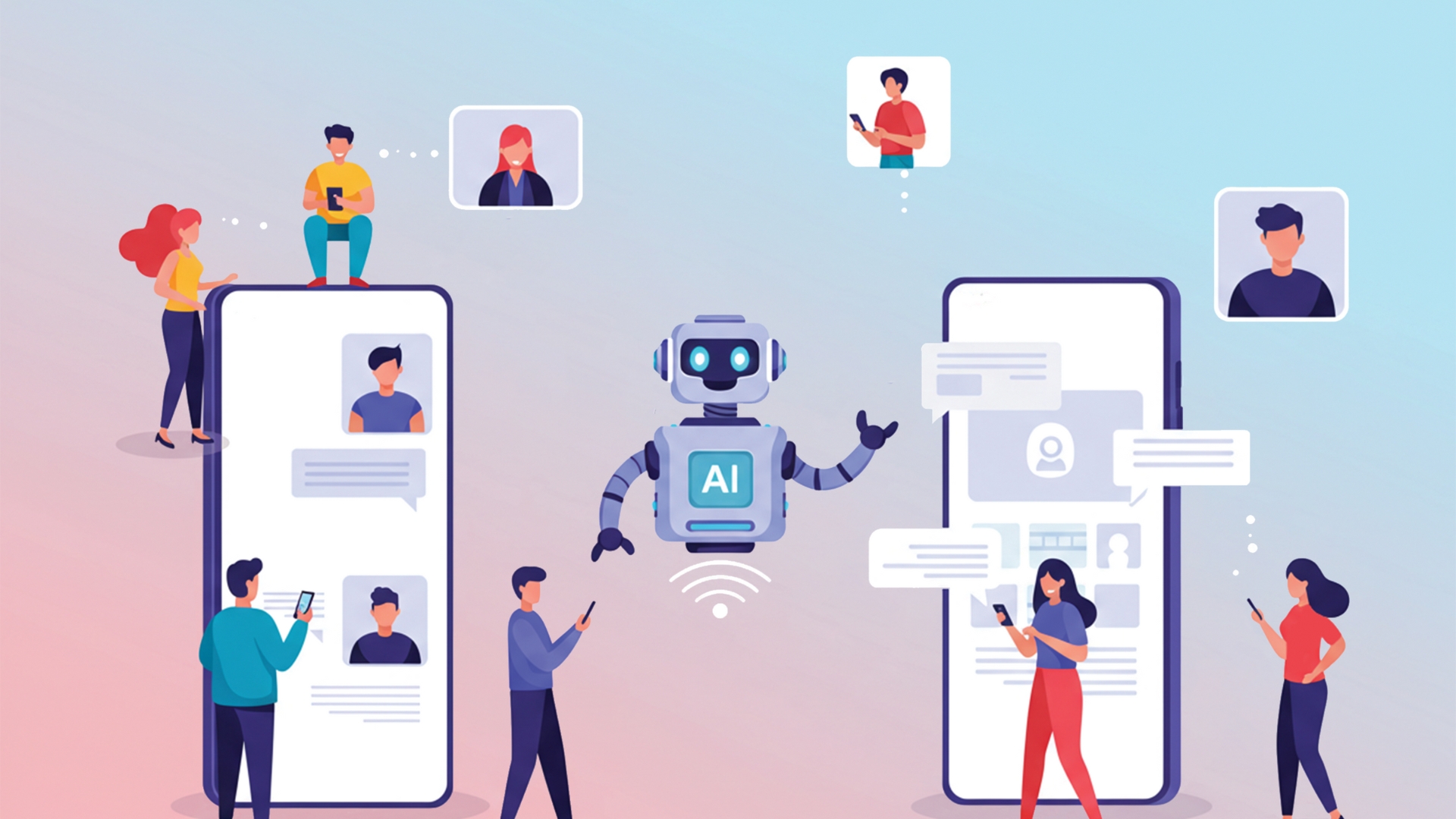One AI. Infinite possibilities.

Your all-in-one AI Agent for workflow automation
AI agents continuously learn from interactions, refining responses and improving automation capabilities over time.
Implement AI-driven automation effortlessly, allowing businesses to build and deploy AI solutions without technical expertise.
AI agents are designed to assist rather than replace, enhancing human productivity by automating repetitive tasks.
AI-powered agents work together to optimize processes by automating workflows across departments.
Works with your existing tools and platforms, integrating smoothly into CRM, ERP, and customer support systems.
Deploy AI agents that scale with your business needs while ensuring data privacy, compliance, and security.
AI Agents by industry
Explore the potential and promising use cases that our AI Agents address for your industry.
Launch AI Agents as you need
We provide highly customized, role-specific personas, enabling targeted enhancements within your organization's diverse functions.

Our expert insights


Frequently asked questions
We prioritize data privacy and security with industry-leading standards, including encryption and strict access controls, complying with regulations like GDPR.
Our AI agents handle tasks such as data analysis, customer support automation, process optimization, and workflow management. These agents are highly adaptable, able to process complex data sets, interact with multiple systems, and adjust their actions based on real-time data.
Preparing and cleaning data for AI training involves several key steps:
1. Data collection: We gather data from diverse, trusted sources relevant to the tasks the AI Agent will perform.
2. Data cleaning: We remove duplicates, errors, and inconsistencies from the dataset, ensuring high-quality input for training.
3. Data labeling: We label data according to its intended use (e.g., categorizing images or tagging text) to train the AI with accurate guidance.
4. Data normalization: We standardize data formats, scales, and values to ensure consistency across datasets.
5. Data validation: Before training begins, we validate the data’s accuracy and representativeness to ensure the AI model learns from reliable sources.
Through these steps, we ensure that the data used to train the AI is robust, representative, and free from bias.
The expected return on investment (ROI) for implementing AI Agents can vary based on the scale of adoption and the tasks automated. However, organizations typically see:
1. Cost Savings: Reducing the time spent on manual processes, lowering administrative costs, and decreasing error rates. For example, AI in healthcare can reduce administrative costs by up to 30%.
2. Increased Efficiency: Automating repetitive tasks boosts overall productivity and allows employees to focus on more strategic work.
3. Improved Accuracy: AI Agents make data-driven decisions with a higher degree of accuracy, reducing the risk of errors and improving outcomes.
4. Revenue Growth: AI’s ability to optimize pricing, recommend products, and personalize services leads to higher customer satisfaction and increased sales. The ROI can range from 20-50% improvement in operational efficiency and cost reductions within the first year, with long-term benefits continuing to grow.
Ensuring fairness and minimizing bias in AI involves several practices:
1. Diverse Data Sources: We use a broad set of training data that represents different demographics and scenarios to prevent bias from creeping into the AI’s decisions.
2. Regular Audits and Testing: We regularly audit the AI’s output to check for fairness, accuracy, and bias. This includes using fairness metrics and reviewing the AI's decision-making process.
3. Bias Detection Tools: We employ advanced algorithms to detect and mitigate any unintended biases in the AI model, especially when processing sensitive data.
4. Transparent Algorithms: We ensure that our AI models are explainable, meaning we can trace how the AI arrived at a particular decision, allowing for accountability and transparency.
5. Human Oversight: While AI handles automation, we ensure that human experts are involved in monitoring and adjusting the AI’s behavior, especially in high-stakes decision-making.
Being the AI agent development company and by implementing these strategies, we strive to ensure that the AI system operates equitably, ethically, and without bias, providing consistent and fair outcomes across all users.


























